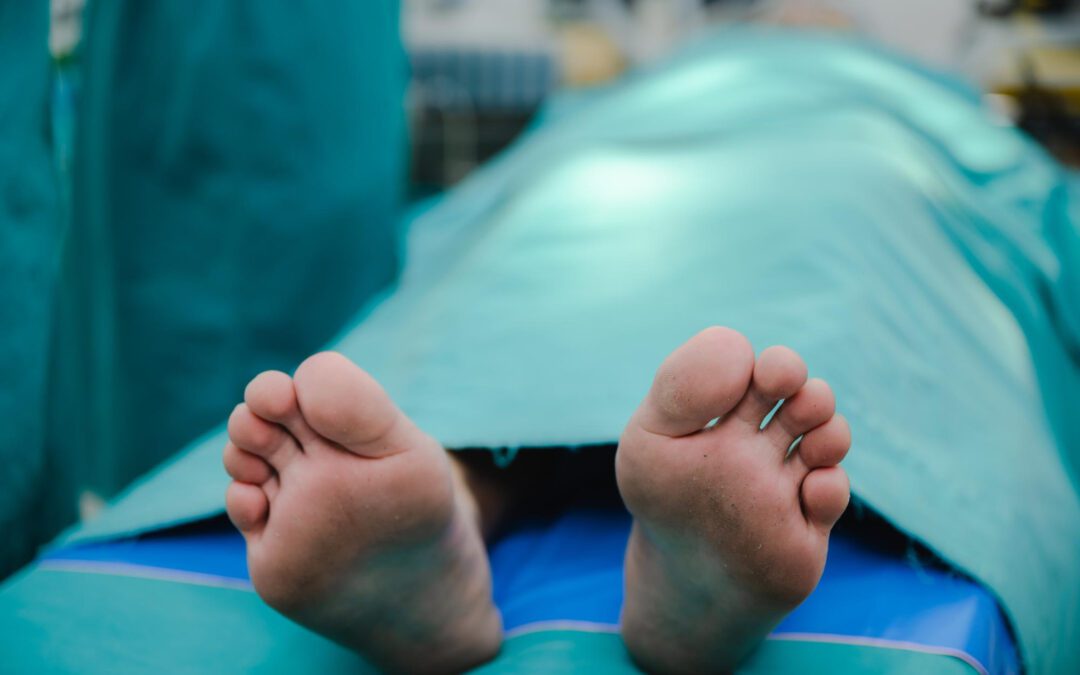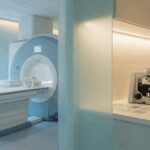A private autopsy is a detailed examination of a deceased person’s body, conducted by a private pathologist, usually at the request of the family. Understanding how a private autopsy works and why it matters can provide crucial insights during difficult times. It offers families answers and helps to resolve uncertainties regarding the cause of death.
People choose private autopsies for various reasons. Some seek a second opinion when dissatisfied with the initial findings. Others want to uncover any undiagnosed medical conditions. Knowing the exact cause of death can give families peace of mind and answer their pressing questions. It can also reveal genetic conditions that may affect surviving family members.
Beyond providing answers, private autopsies play a vital role in legal matters. They can determine if medical malpractice occurred or if external factors caused an unexpected death. This information is crucial for legal cases, insurance claims, and even estate settlements. Private autopsies offer detailed, objective findings that can help families make informed decisions, offering both legal and emotional closure during a challenging time.
Reasons to Choose a Private Autopsy
Families consider private autopsies for many reasons. One common reason is to gain a second opinion. Sometimes, the initial autopsy might have inconclusive results or miss vital information. A private autopsy can provide a fresh perspective and ensure nothing is overlooked, giving families the clarity they need.
Another reason is to identify any undiagnosed medical conditions. If a family member died unexpectedly or under mysterious circumstances, a private autopsy could reveal hidden illnesses or conditions that might not have been detected in routine medical examinations. This can be crucial for surviving relatives, especially regarding hereditary conditions that could impact their health.
Legal concerns also drive the need for private autopsies. When foul play is suspected or there are questions about medical malpractice, a thorough and unbiased examination can uncover important evidence. This information is essential for legal battles, insurance claims, and peace of mind. Additionally, a private autopsy can assist in settling life insurance disputes by providing objective findings.
The Step-by-Step Process of a Private Autopsy
The process of a private autopsy starts with obtaining the necessary permissions from the family. Once the family consents, a licensed pathologist begins by reviewing the deceased’s medical history and any previous autopsy reports. This review helps guide the examination and highlight areas of interest.
Next, the pathologist performs a physical examination of the body. This includes external and internal inspections. The external examination looks for visible injuries, scars, or signs of trauma. The internal examination involves opening the body to inspect the organs. The pathologist takes detailed notes and may photograph findings for thorough documentation.
During the internal examination, each organ is removed, weighed, and carefully inspected. Tissue samples are taken for microscopic examination. These samples can reveal diseases or conditions not visible to the naked eye. Chemical tests may also be conducted to detect toxins or drugs in the system. After the examination, the pathologist compiles a detailed report. This report includes all findings supported by photographic and microscopic evidence. The final report is then shared with the family, providing them with comprehensive and clear answers about their loved one’s death.
Common Findings and Their Implications
Private autopsies can reveal a wide range of findings with significant implications. One frequently discovered condition is heart disease. Although heart disease might not show clear symptoms before death, postmortem examinations often reveal blockages or abnormalities in the heart. Identifying these issues can alert surviving family members to potential genetic risks, prompting them to seek medical advice and preventive care.
Lung conditions are another common finding in private autopsies. Diseases like pneumonia, chronic obstructive pulmonary disease (COPD), or even lung cancer can be diagnosed postmortem. These findings provide clear explanations for symptoms that the deceased may have experienced, such as persistent cough or breathing difficulties, helping families understand the suffering their loved one endured.
Neurological disorders such as Alzheimer’s disease or Parkinson’s disease often go undiagnosed until after death. A brain-only autopsy can reveal the presence of these conditions, which might explain unexplained behavioral changes or cognitive decline. Knowing about such conditions can give families peace of mind, knowing the true cause of a loved one’s symptoms.
Legal and Emotional Benefits of Private Autopsies
A private autopsy offers numerous legal and emotional benefits. Legally, a thorough and unbiased autopsy can be crucial in cases involving medical malpractice, accidental death, or criminal investigations. Accurate and detailed findings from a private autopsy can serve as critical evidence in court, supporting families in their pursuit of justice. They can also help settle disputes related to life insurance claims by providing clear, objective facts about the cause of death. Emotionally, private autopsies provide families with much-needed closure. Understanding the exact cause of death helps in the grieving process by resolving any doubts or unanswered questions. When families know precisely why their loved one passed away, it eases the burden of not knowing and helps them move forward with healing.
In addition, discovering any hereditary conditions can empower families to take proactive steps in managing their health. If the autopsy reveals genetic conditions, surviving family members can undergo screenings and take preventive measures to safeguard their well-being. This knowledge helps families feel more in control and prepared for the future.
Final Thoughts
Private autopsies play an essential role in uncovering the true causes of death. They help families understand medical conditions that may have gone undiagnosed and provide critical evidence for legal matters. From revealing heart disease and lung conditions to identifying neurological disorders, the findings offer valuable insights that benefit both family members and the medical community.
Beyond the medical insights, private autopsies offer significant legal and emotional advantages. They provide clarity and closure, supporting families during challenging times. Additionally, they help identify potential hereditary risks, allowing surviving relatives to take proactive steps in managing their health.
If you need answers about your loved one’s death, consider contacting 1-800-Autopsy. Our thorough and compassionate private autopsy services can provide the clarity and peace of mind you deserve during this difficult time.








